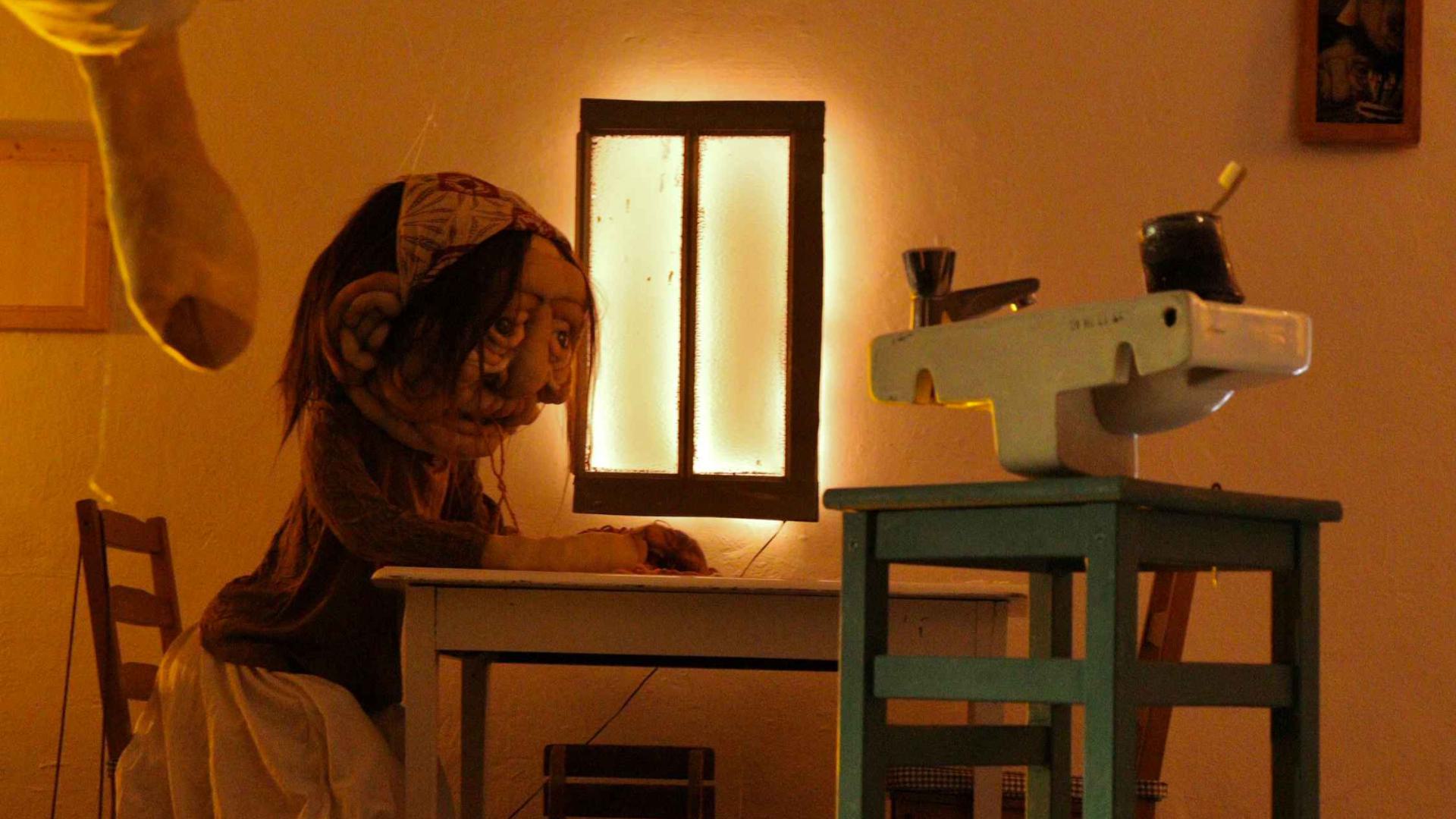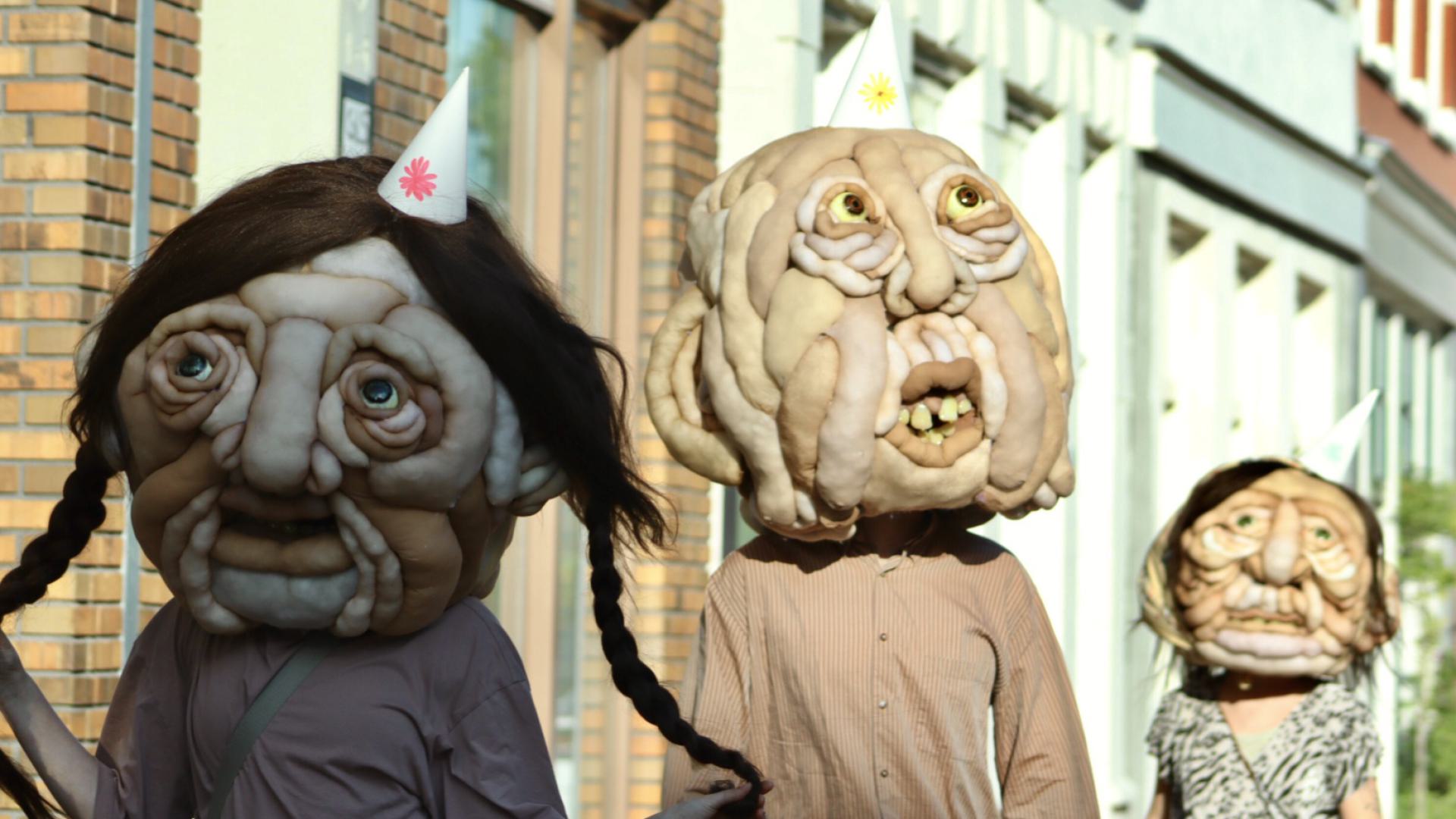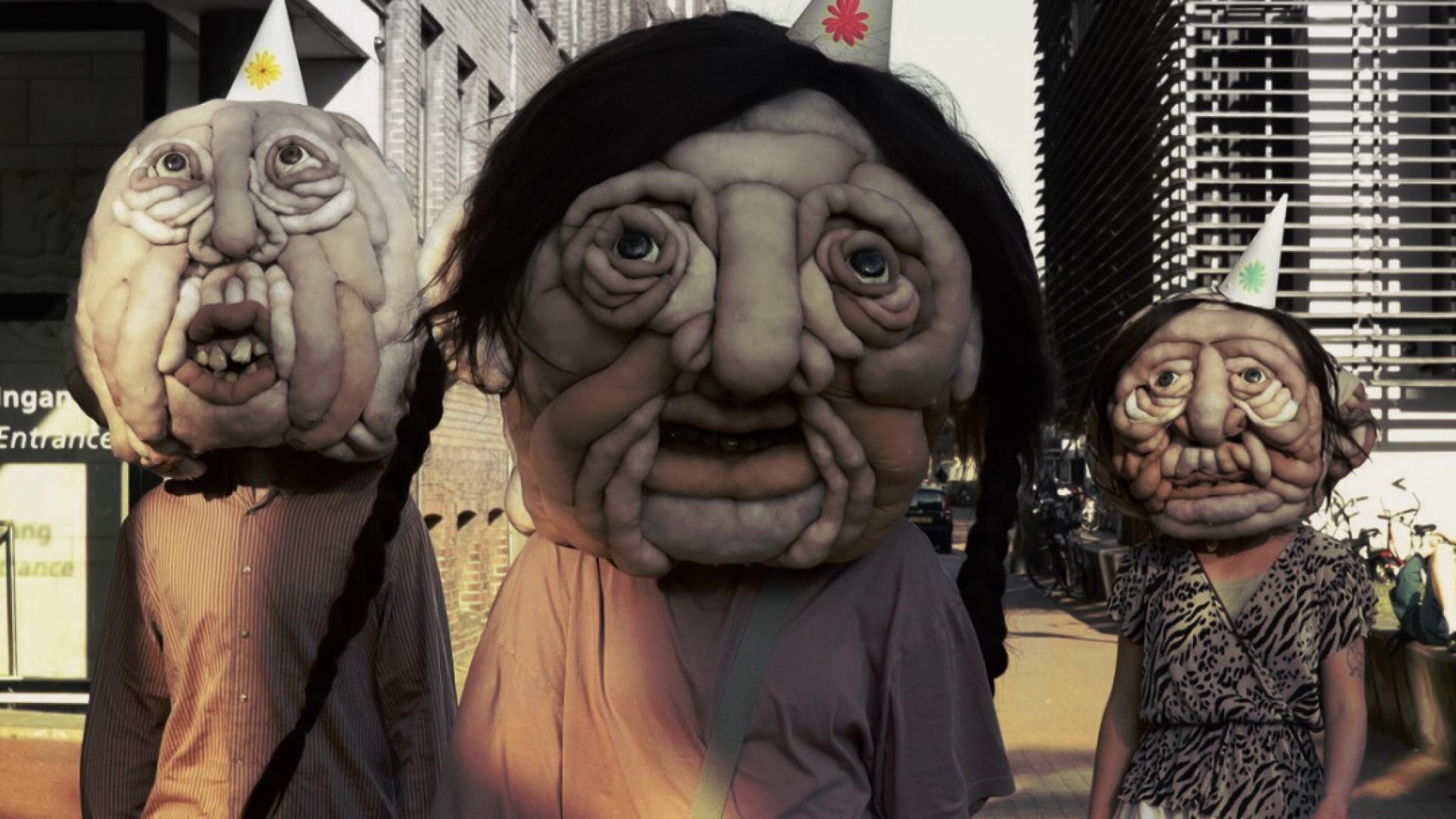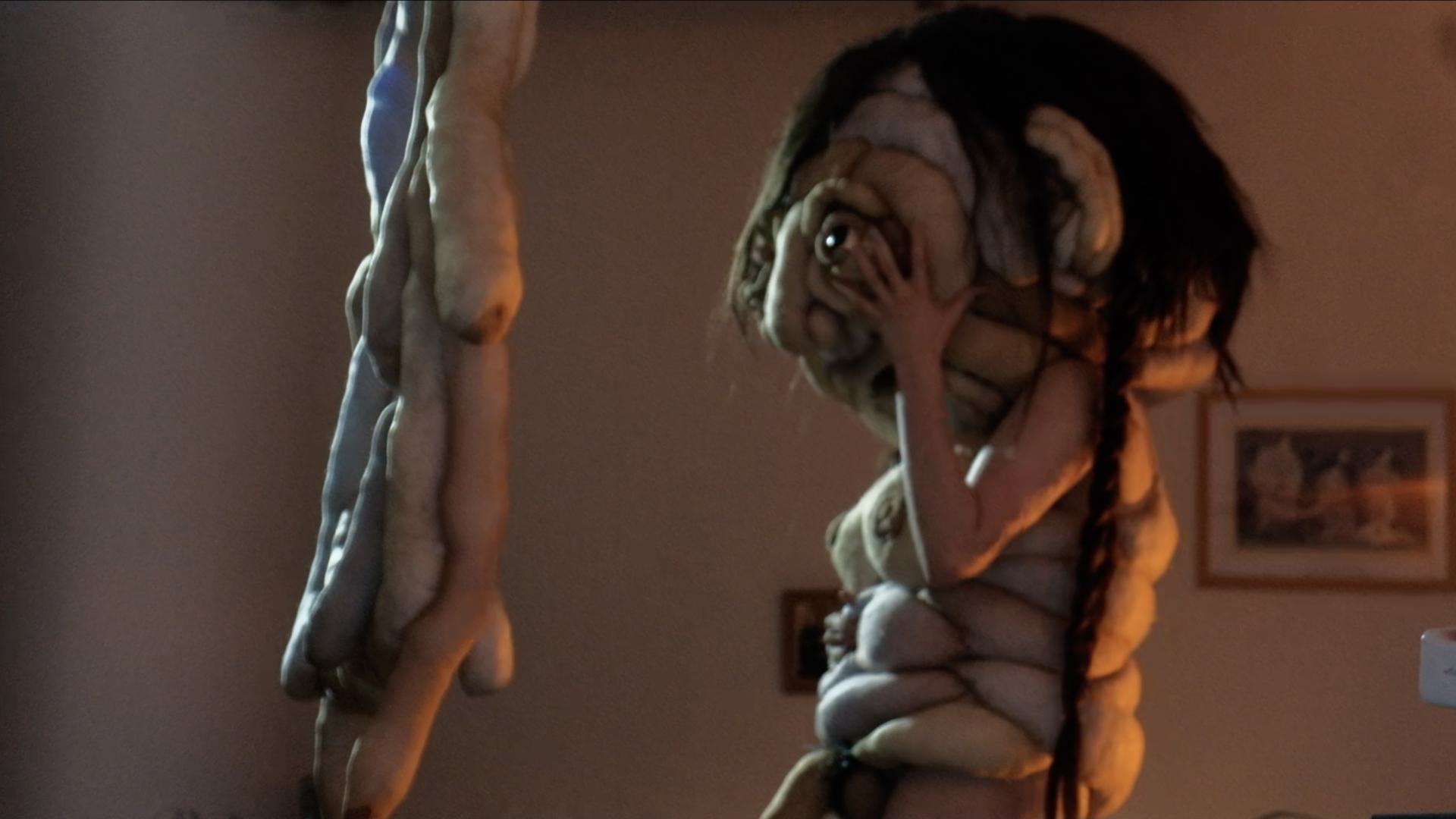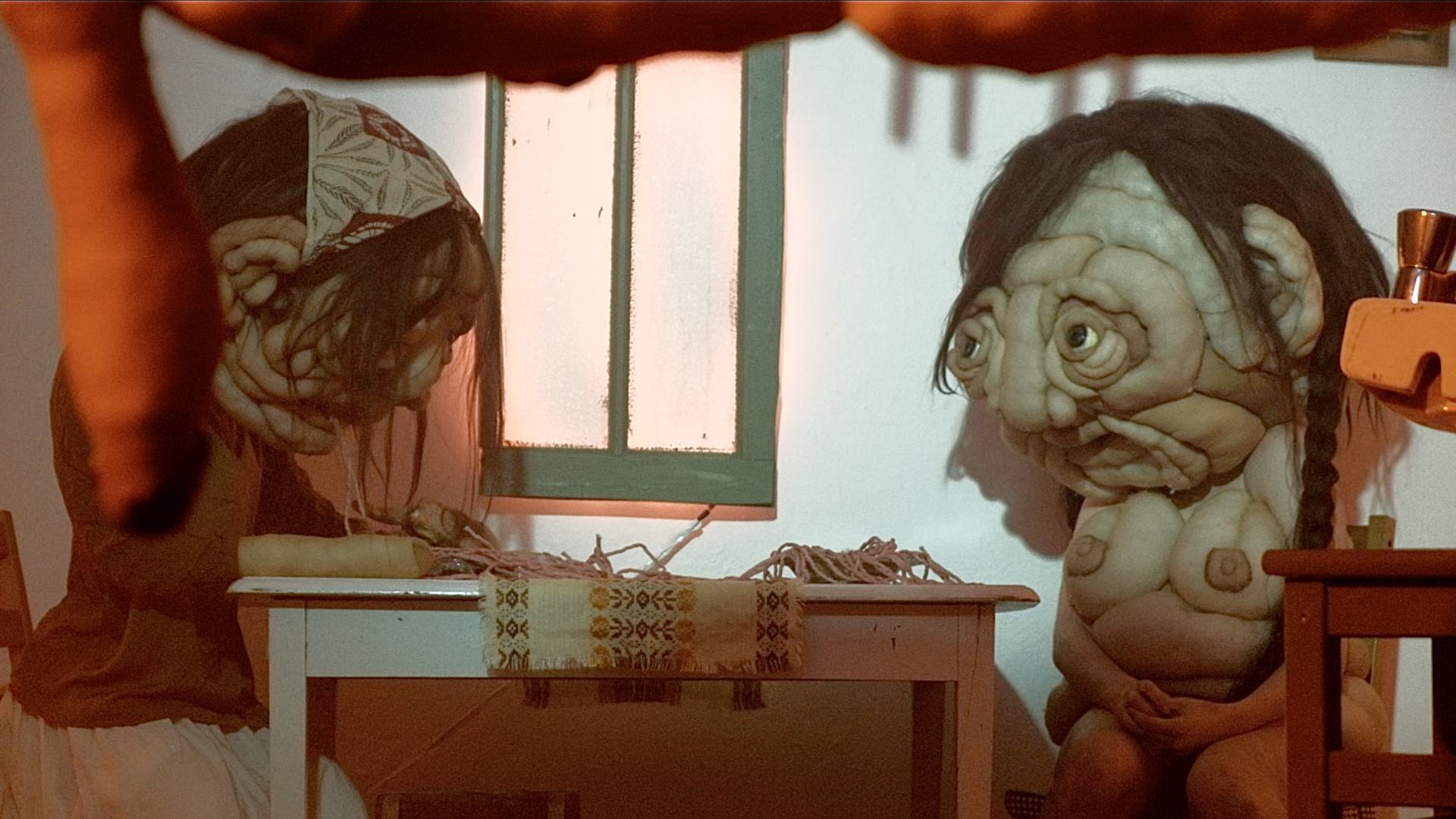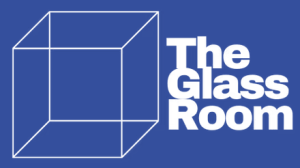The Creatures
The creatures in Dream Big exist in the space between the uncanny and the familiar, evoking a sense of something both strange and known. They emerge from a place within myself, embodying traits I instinctively reject or feel discomfort towards people who are close to me. By giving form to these internalised feelings, the creatures manifest qualities that are at once repelling and magnetic, disgusting yet empathetic, grotesque yet tender. Their distorted, swollen, or exaggerated features carry traces of what is usually silenced or unwanted, creating a tension between recognition and repulsion. In this way, the work explores the psychology of projection: the aspects of others that provoke discomfort often reflect what we carry inside. By engaging with these creatures, audiences are invited to confront instinctive judgments, explore the interplay of attraction and aversion, and reflect on the complexities of empathy, shame, and self-recognition. Ultimately, the project seeks to open a space where the unwanted can be acknowledged, seen, and understood through the presence of these hybrid beings.
Intrusive Dreaming
Intrusive dreaming often arises in moments where desire and taboo scenarios collide, creating thoughts and images that feel both compelling and morally challenging. For people with OCD, these involuntary dreams and thoughts can provoke guilt, leading them to question their own morality. In Dream Big, the creatures are inspired by this intrusiveness, their textures and forms strange, repelling, yet at times oddly desired. They embody the tension of intrusive experiences—desirable and uncomfortable, uncanny yet familiar. The project considers how a creature existing in such an intrusive dream might navigate the guilt tied to its own presence. In Dream Big, this tension is addressed through acceptance: by acknowledging intrusiveness itself, the creatures—and the experiences they represent—can exist fully, opening space for self-recognition, self-compassion, and self-love even in what is conventionally seen as unwanted or shameful.
 Fully wheelchair accessible
Fully wheelchair accessible
